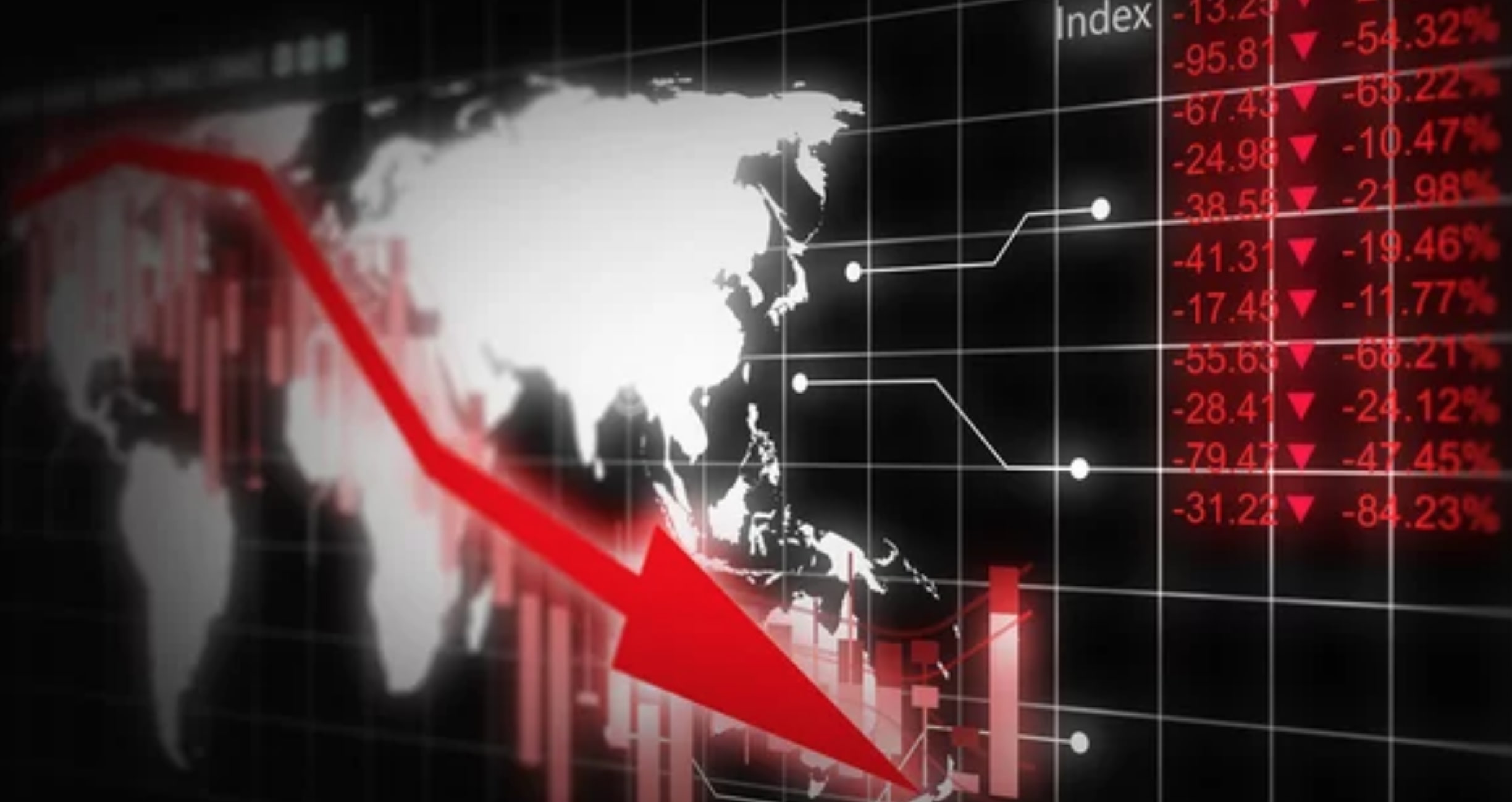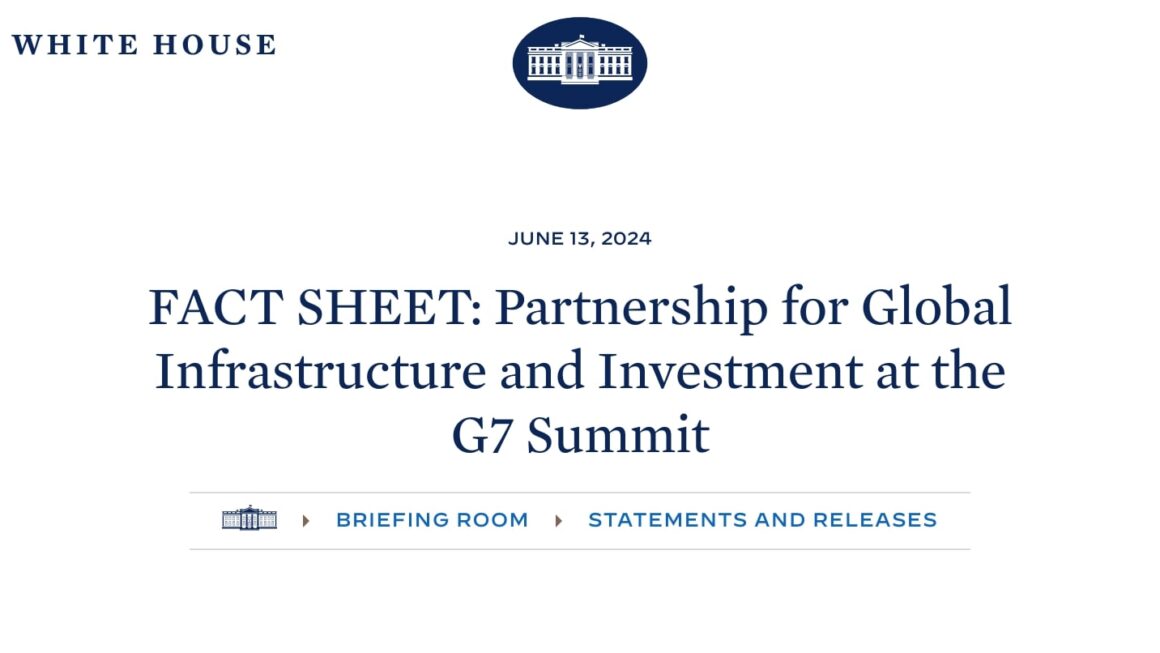Introduction:
The World Bank, a prominent international financial institution, has recently issued a sobering forecast regarding the global economy. According to their latest report, the world is poised to witness a significant deceleration in economic growth, bringing it back to levels not seen since the global financial crisis of 2008. This article aims to delve into the key factors contributing to this anticipated slowdown and the potential implications it may have on various regions and sectors.
The World Economic Outlook:
The World Bank’s projections suggest that global economic growth will face a substantial downturn, aligning closely with the levels experienced in the aftermath of the 2008 financial crisis. While the specifics vary across countries and regions, the overall growth rate is expected to decline significantly. This forecast comes as a stark reminder of the interconnectedness of the global economy and the vulnerabilities it faces.
Factors Influencing the Slowdown:
- Trade Tensions and Protectionism: Ongoing trade disputes and protectionist policies pursued by some nations have contributed to a climate of uncertainty and hindered global trade flows. Tariffs and trade barriers disrupt supply chains, increase costs, and impede investment, which ultimately dampens economic growth.
- Geopolitical Uncertainties: Political tensions and conflicts, such as those witnessed in recent years, have an adverse impact on economic stability and investment. Brexit, trade disputes between major economies, and geopolitical tensions in different regions have created an atmosphere of uncertainty, deterring business confidence and slowing down economic progress.
- COVID-19 Pandemic Aftermath: The COVID-19 pandemic and its devastating consequences have significantly disrupted global economies. Although vaccination efforts are underway, new variants and prolonged recovery periods in certain countries continue to hamper economic revival. Sectors like tourism, hospitality, and aviation, heavily impacted by travel restrictions, are yet to regain pre-pandemic levels.
- Commodity Price Volatility: Fluctuations in commodity prices, particularly oil, have the potential to disrupt economic growth, especially for countries heavily dependent on commodity exports. Oscillating prices impact revenue streams, fiscal stability, and overall economic activity.
Implications for Regions and Sectors:
- Developed Economies: Advanced economies may experience a noticeable slowdown as demand weakens and fiscal stimuli diminish. Sluggish growth rates can impact employment, consumer spending, and investment, leading to reduced productivity and potential recessionary pressures.
- Emerging Markets: Emerging economies, highly dependent on global trade and foreign investment, are likely to face significant challenges. Diminished export opportunities, capital outflows, and currency volatility may impede growth prospects and hinder poverty reduction efforts.
- Technology and Innovation: Amidst the overall economic slowdown, sectors focusing on technology and innovation are expected to fare relatively better. Digital transformation, e-commerce, and advancements in artificial intelligence may offer new avenues for growth, job creation, and economic resilience.
- Sustainable Development Goals: The deceleration in economic growth could hamper progress towards achieving the Sustainable Development Goals (SDGs). Reduced resources, both domestic and international, might impede investments in areas such as healthcare, education, and infrastructure development, jeopardising long-term social and environmental objectives.
Conclusion:
The World Bank’s forecast of a global economic growth slowdown to 2008 levels serves as a wake-up call for policymakers and businesses worldwide. Addressing the root causes of this anticipated deceleration, such as trade tensions, geopolitical uncertainties, and the aftermath of the COVID-19 pandemic, requires concerted efforts on both national and international levels. Encouraging multilateral cooperation, fostering innovation, and prioritising sustainable development can help mitigate the adverse effects of the slowdown, promoting a more resilient and inclusive global economy for the future.














